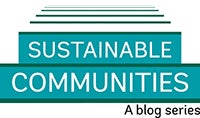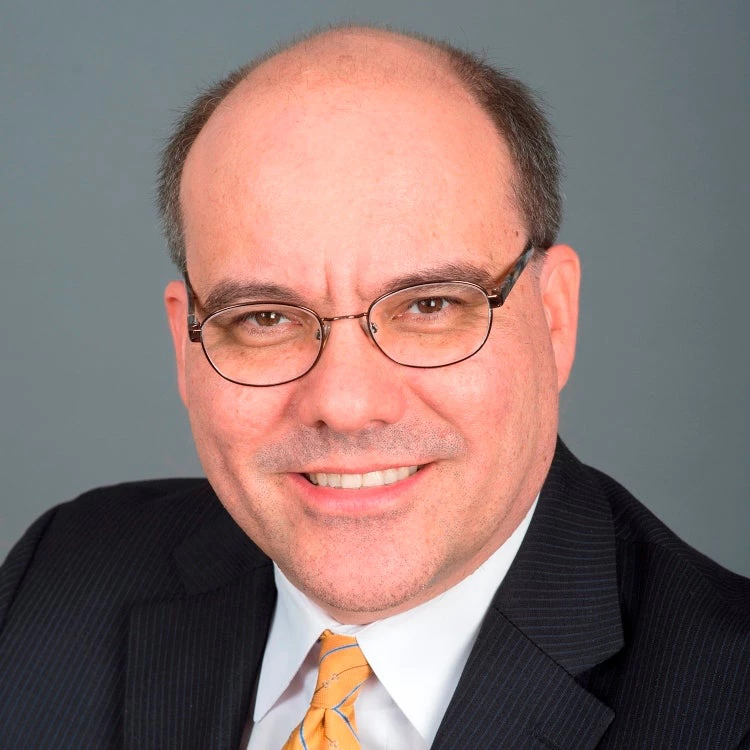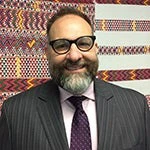Despite some progress in the past two decades, lesbian, gay, bisexual, transgender, and intersex
(LGBTI) people continue to face widespread discrimination and exclusion around the world. Many of them suffer from punitive laws and policies, social stigma, and
even violence. They may also be subject to
lower educational attainment, higher unemployment rates, poorer health outcomes, as well as unequal access to housing, finance, and social services. As a result, LGBTI people are likely
overrepresented in the bottom 40% of the population.
The adverse impacts on the health and economic wellbeing of LGBTI groups—as well as on economies and societies at large—tell us one thing: exclusion and discrimination based on sexual orientation and gender identity (SOGI) is a serious development issue.
We’ve already taken the first steps to address this issue, such as quantifying the loss in productivity, but there is still a long way to go. Robust, quantitative data on differential development experiences and outcomes of LGBTI people is crucial, but remains scarce especially in developing countries. Such a research and data gap poses a major constraint in designing and implementing more inclusive programs and policies.
The World Bank’s SOGI Task Force—consisting of representatives from various global practices and country offices, the Gender Cross-cutting Solution Area, as well as the GLOBE staff resource group—has identified the need for quantitative data on LGBTI as a priority.
On Zero Discrimination Day, the World Bank’s Senior Director Ede Ijjasz-Vasquez and SOGI Advisor Clifton Cortez explain the urgent need to fill the LGBTI data gap. They’ve also discussed why inclusion matters for development , as well as what can be done to end poverty and inequality for LGBTI and other excluded groups.
[[avp asset="/content/dam/videos/ecrgp/2018/jun-16/to_fight_discrimination,_we_need_to_fill_the_lgbti_data_gap_hd.flv"]]/content/dam/videos/ecrgp/2018/jun-16/to_fight_discrimination,_we_need_to_fill_the_lgbti_data_gap_hd.flv[[/avp]]
Related:
The adverse impacts on the health and economic wellbeing of LGBTI groups—as well as on economies and societies at large—tell us one thing: exclusion and discrimination based on sexual orientation and gender identity (SOGI) is a serious development issue.
We’ve already taken the first steps to address this issue, such as quantifying the loss in productivity, but there is still a long way to go. Robust, quantitative data on differential development experiences and outcomes of LGBTI people is crucial, but remains scarce especially in developing countries. Such a research and data gap poses a major constraint in designing and implementing more inclusive programs and policies.
The World Bank’s SOGI Task Force—consisting of representatives from various global practices and country offices, the Gender Cross-cutting Solution Area, as well as the GLOBE staff resource group—has identified the need for quantitative data on LGBTI as a priority.
On Zero Discrimination Day, the World Bank’s Senior Director Ede Ijjasz-Vasquez and SOGI Advisor Clifton Cortez explain the urgent need to fill the LGBTI data gap. They’ve also discussed why inclusion matters for development , as well as what can be done to end poverty and inequality for LGBTI and other excluded groups.
[[avp asset="/content/dam/videos/ecrgp/2018/jun-16/to_fight_discrimination,_we_need_to_fill_the_lgbti_data_gap_hd.flv"]]/content/dam/videos/ecrgp/2018/jun-16/to_fight_discrimination,_we_need_to_fill_the_lgbti_data_gap_hd.flv[[/avp]]
Related:
- Topic brief: Sexual Orientation and Gender Identity (SOGI)
- Report: Investing in a Research Revolution for LGBTI Inclusion
- Feature story: To Fight Poverty, We Need to Fight Homophobia and Transphobia
- Blog post: LGBTI people are (likely) over represented in the bottom 40%
- Replay event: LGBTI Inclusion, Poverty Reduction, and Shared Prosperity




Join the Conversation